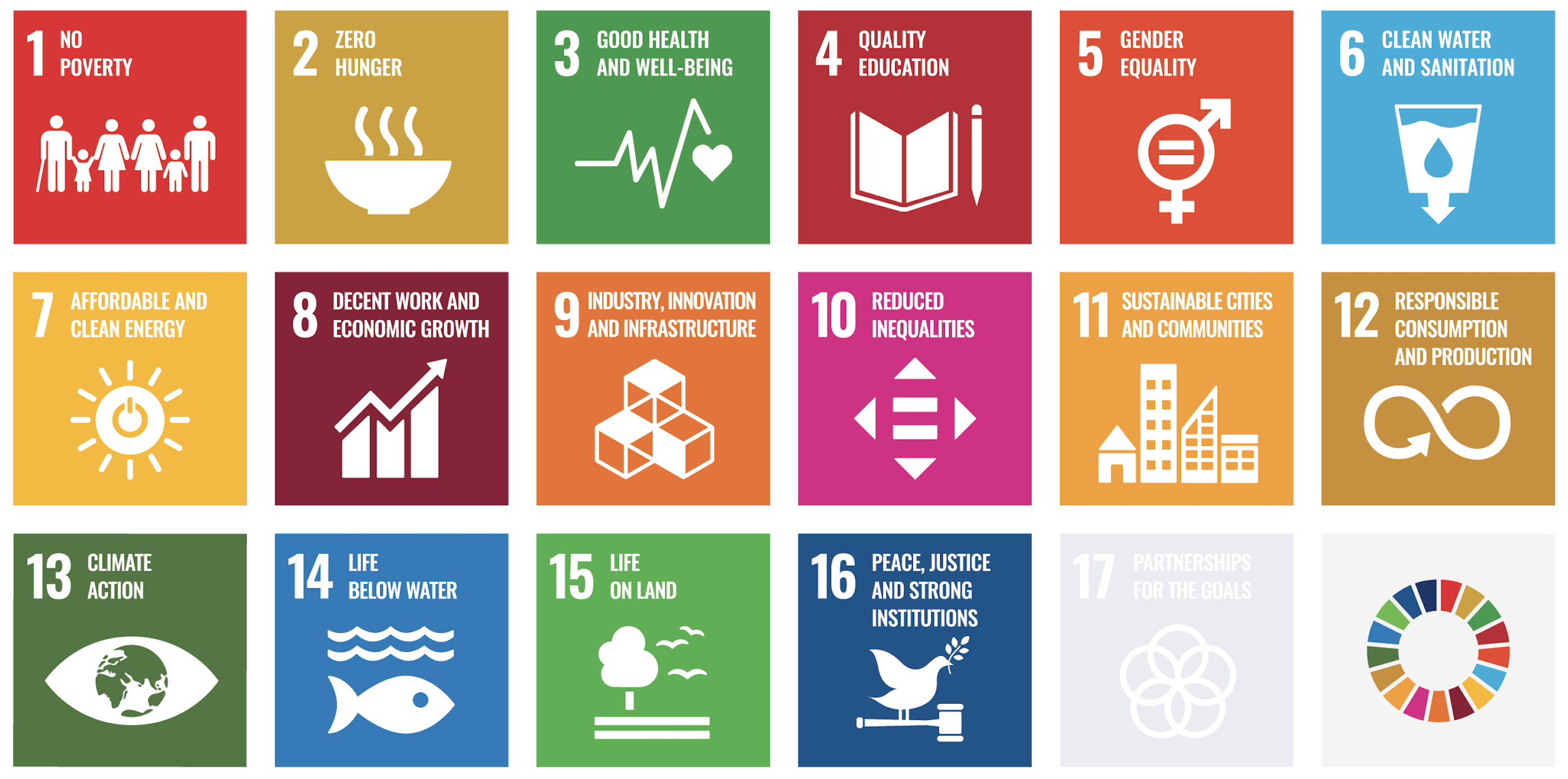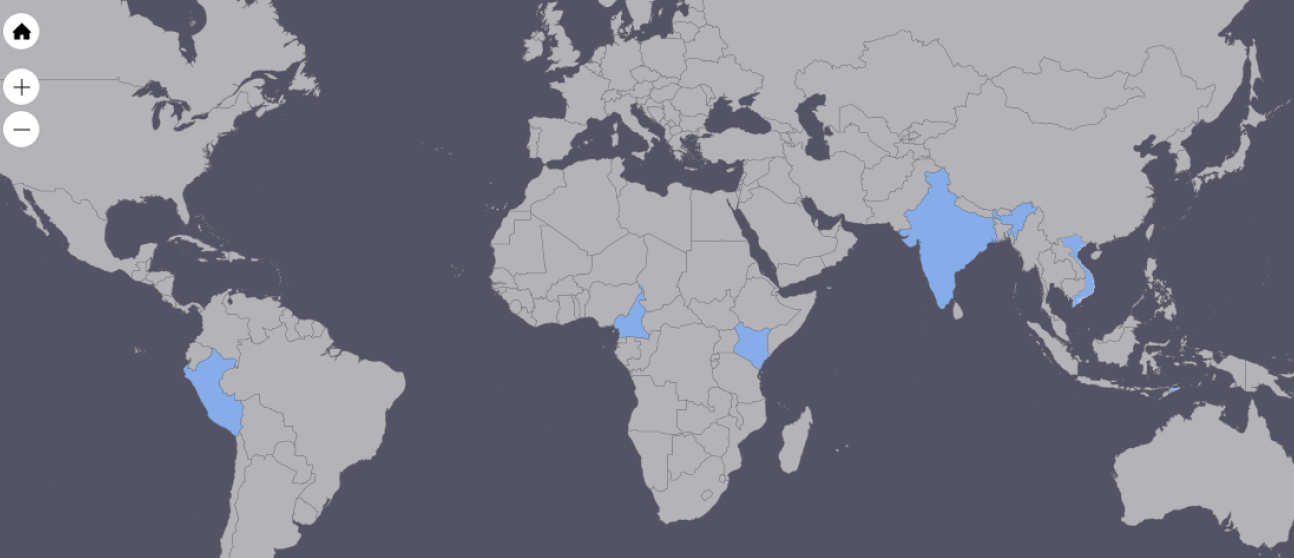Module details
- Offered to 2nd Years
- Mondays 16.00-18.00
- Planned delivery: On campus (South Kensington)
- Two-term module, worth 5 ECTS
- Available to eligible students as part of I-Explore
- Extra Credit, or Degree Credit where your department allows
This module provides you with the opportunity to explore the complex topic of international development through a design project.
You will conduct a thorough analysis of a real-world case study community using social science approaches, such as soft systems methodology. The design process will be explored and you will use creative thinking tools, including sketchbooks, to help you think innovatively.
Ultimately, you will work in a team to produce a design proposal that promotes sustainable development.
Global Village: Innovation Challenge
Explore sustainable development issues within a specific community and design a solution for a real-world humanitarian problem
Published on May 3, 2023
Listen to Dr Mark Pope talking about the Global Village: Innovation Challenge module
Please note: The information on this module description is indicative. The module may undergo minor modifications before the start of next academic year.
Information blocks
- Learning outcomes
- Indicative core content
- What happens in this module?
- Learning and teaching approach
- Mapping the Sustainable Development Goals (SDGs) in this module
- Assessment
- Key information
On successful completion of this module, you will be better able to:
- Understand the complexity of trying to define development; and develop and justify the use of your own definition
- Understand the specifics of the design brief provided, and use soft systems methodology to fully explore and analyse the problematical situation you will be designing for
- Learn how to write a well-defined design question that will be answered during the project using SMART objectives
- Design a series of potential solutions to the design question
- Analyse the potential solutions using a binary dominance matrix to identify the solution that is most likely to be successful
- Work up the final design into a fully specified solution and identify any further expertise that would be required to complete the design up to a standard for immediate implementation
- Show consideration of the ‘global dimension’ (social, cultural, economic and sustainability perspectives) in the design solution
- Create an implementation guide that introduces the design concept, addresses issues such as implementation, operation and maintenance, and tackles the issue of local engagement with the concept
During this module, you will use several different methodologies and techniques to explore a real-world case study community that is experiencing some form of deprivation or poverty. You will be supported to find out as much as you can about the community whilst respecting their privacy and dignity. You will also be encouraged to consider what you are not able to know, and keep this awareness in your consideration of the community.
You will engage with a number of creativity techniques to help you push the boundaries of possibility and create truly innovative design ideas to help the community - these might involve practical design, social enterprise or another form of change that you feel would impact the community positively.
You will develop a number of ideas individually that will be submitted for review. You will then be able to see all the ideas generated by the whole class, and during the second part of the module you will vote for the idea that you would like to work on in a team - this means that all the team members are committed to the idea selected, and the very best ideas are taken forward.
You will not only develop the idea, but consider how you would engage the community with your idea. You will be encouraged to think about both the short and long-term sustainability of your idea.
What you will learn
- A method to research a community and the potential for sustainable development in that community.
- A range of creative thinking techniques and tools to generate innovative ideas for designs.
- A design process to follow and the elements needed within a design specification proposal.
What you will do
- Research the case study community in teams, identify areas for interventions, and share your findings with other students.
- Generate lots of innovative ideas and then pitch three design ideas for the case study community to take forward.
- Work in teams to develop one design idea into a Final Concept Proposal of no more than 4000 words.
An active learning approach is achieved with the use of workshop sessions and practical activities to help you unpack complex theoretical ideas. There is small group work, with team work evaluation and support. You will conduct library and empirical research to support your understanding of a real-world case study.
The module progresses with opportunities for self, peer and lecturer formative and summative evaluation.
You will be offered opportunities to reflect on the skills that you are developing and to consider how they might be transferable to your core studies.
You will be encouraged to incorporate your personal experience and interests into your work, and are supported to ensure that this is inclusive. All learning is supported by our interactive student handbook and virtual classroom.
You will receive ongoing formative feedback on your progress and written feedback and provisional marks for your submitted assessments within two term-time weeks of submission. Dialogic written feedback is provided for each assignment. As part of the feedback process, you will be asked to write a response to the feedback, which is reviewed by the lecturer. In addition, you can sign up for further individual support if required.
We recognise the interrelated nature of the UN Sustainable Development Goals (SDGs) and do not consider individual SDGs in isolation. We adopt a systems-based approach that recognises their cross-cutting nature. Therefore, on this module, your research on a case study community will be related to a number of the SDGs.
You will also choose the focus of your final design project and this will give you the opportunity to focus on any intersection of SDGs. For example, in previous years, students have focused on the following SDGs through their choice of projects:
A design for an App to facilitate communication between key stakeholders working on development projects in the Cape York Peninsula of Australia:
- SDG 9 on Industry, Innovation and Infrastructure (specifically related to increased access to information technology, through the provision of an App).
- SDG 7 on Affordable and Clean Energy (as the App’s features promoted renewable energy technology
- SDG 4 on Quality Education (as the App provided information and training on farming).
A design for an aquaponics system to combine aquaculture (raising aquatic animals) with hydroponics (cultivating plants in water) in Kibera, Kenya:
- SDG 14 Life Below Water (by cultivating marine life in a sustainable way)
- SDG 2 Zero Hunger (through the provision of an economic and nutritious food source)
- SDG 12 Responsible Consumption and Production (by producing and consuming a sustainable source of food)
A design for a solar powered street lamp, that also featured USB ports for charging mobiles, in a coastal Peruvian town:
- SDG 7 on Affordable and Clean Energy (through the use of solar power)
- SDG 11 on Sustainable Cities and Communities (through the provision of safer community spaces)
- SDG 9 on Industry, Innovation and Infrastructure (through the improvement to transport and communications infrastructure)
You will not be limited to addressing the SDGs highlighted here. Your work could touch on others, depending on the project that you choose to pursue.

- Practical: Rich Pictures with Team Video Summary (20%)
- Practical: Presentation of Conceptual Designs (15%)
- Coursework: Final Concept Proposal (50%)
- Practical: Oral Presentation of Implementation Package (15%)
This module follows an authentic assessment protocol. You will be supported to work through a design project, and each step of the project is individually formatively and then summatively assessed. You will be given time in class to complete all the components of the assessments. The assessment is staggered, to reduce the impact on you and reduce the end-of-module burden. You will have the opportunity for formative peer feedback for each assessment element.
- Requirements: You are expected to attend all classes and undertake approximately 85 hours of independent study in total during the module. Independent study includes reading and preparation for classes, researching and writing coursework assignments and preparing for other assessments.
- This module is designed as an undergraduate Level 5 module. For an explanation of levels, view the Imperial Horizons Level Descriptors page.
My Journey
Each year the case study community is  situated in a different part of the world. Communities have previously been based in East Timor, Vietnam, Cameroon, Peru, Kenya, India, South Africa and Australia.
situated in a different part of the world. Communities have previously been based in East Timor, Vietnam, Cameroon, Peru, Kenya, India, South Africa and Australia.
You will be given the freedom to explore the case study and focus on the aspects that interest you the most. Past projects have included designs such as (i) domestic lighting utilising bioluminescence from algae; (ii) permeable concrete roads to collect water and defend against flooding; (iii) bricks made out of plastic bags; and (iv) a bicycle powered train.
"I’ve loved gaining experience with designing a project from scratch with sustainability in mind, thinking about the challenges and being creative with solutions, as well as working within a team and meeting people from different courses."
"This experience has inspired me to learn more about international development, and led me considering how to be involved in this exciting and challenging industry."
"it was extremely interesting, looking into a culture very different to my own and thinking about ways to overcome differences in background to find an effective real-life solution. "
"I very much enjoyed this module. In particular, the final project allowed me to have a hands-on experience of the development of an innovative and sustainable project."
Got any questions?
Contact the lecturer
Dr Mark Pope
mark.pope@imperial.ac.uk
0207 594 8922
Room S311, Sherfield level 3
Centre for Languages, Culture and Communication

